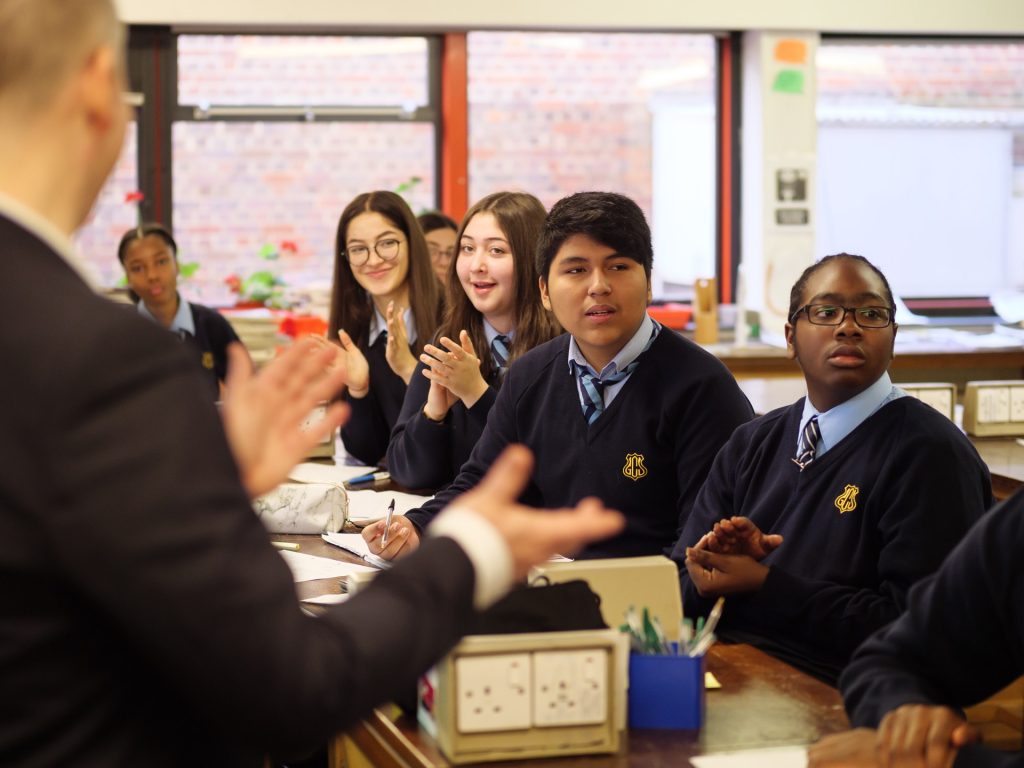Ukraine invasion: how history can empower people to make sense of Russia’s war
By Blog Editor, IOE Digital, on 19 May 2022
 Stéphane G. Lévesque, L’Université d’Ottawa/University of Ottawa and Arthur Chapman, IOE, UCL’s Faculty of Education and Society
Stéphane G. Lévesque, L’Université d’Ottawa/University of Ottawa and Arthur Chapman, IOE, UCL’s Faculty of Education and Society
This article is republished from The Conversation under a Creative Commons license.
The Russian invasion of Ukraine has triggered, in the words of Prime Minister Justin Trudeau, “the greatest threat to European stability since the Second World War.”
Since then, not a single day has passed without powerful stories and shocking images of bombardments and casualties circulating online.
In a recent CBC interview, Canadian historian Margaret MacMillan examined how history has become “an instrument of war” (more…)
 Close
Close








